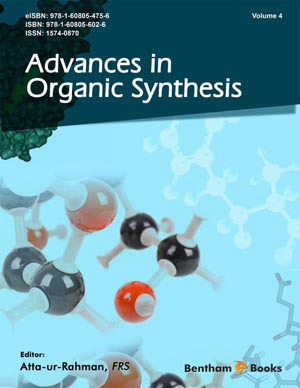Abstract
The archeological and historical record shows that people across Asia, Europe, and Africa used alkaloidal drugs as early as 2000 BCE. Alkaloids are heterocyclic rings consisting of at least one nitrogen atom. They are the waste products of plant metabolites and serve a wide variety of biological activities to human beings. Nicotine, cytosine, atropine, scopolamine, cocaine, catuabine, quinine, quinidine, dihydroquinine, papaverine, ephedrine, reserpine, ergotamine, caffeine, etc. are the most important marketed plant alkaloidal drugs and their metabolites are described in this chapter. Metabolism plays a central role in regulating the toxicity of a variety of phytochemicals. Hepatic microsomal enzymes such as monooxygenase and putative NADPH-FMN-reductase, carboxyl esterase, CYP2B6, CYP3A4, and CYP2D6 are mostly involved in the metabolism of alkaloids. This chapter will be important for future researchers.
Keywords: Cytochrome P650, Heterocyclic Ring, Hepatic Microsomal Enzymes, Marketed Alkaloids, Major Metabolites , Metabolic Pathway, Pharmacological Activities, Secondary Metabolites.






















